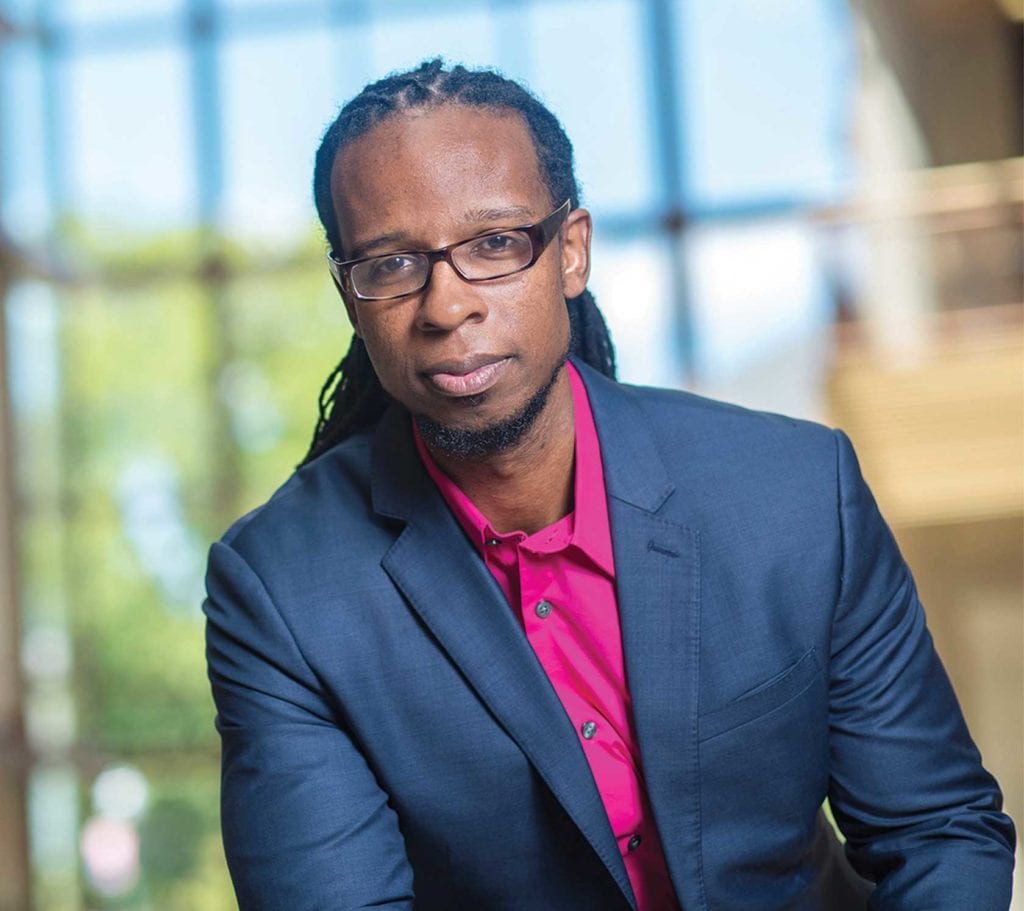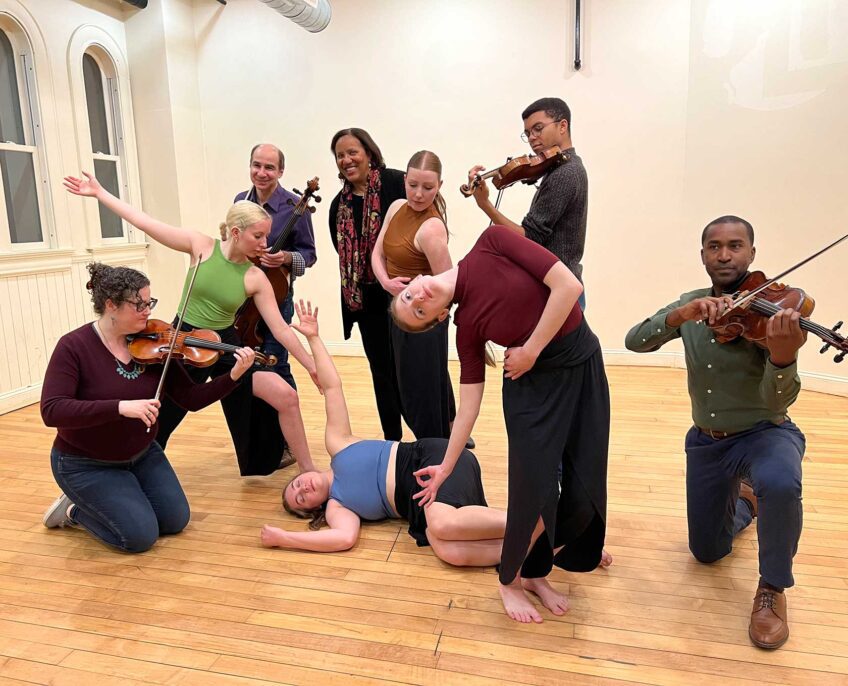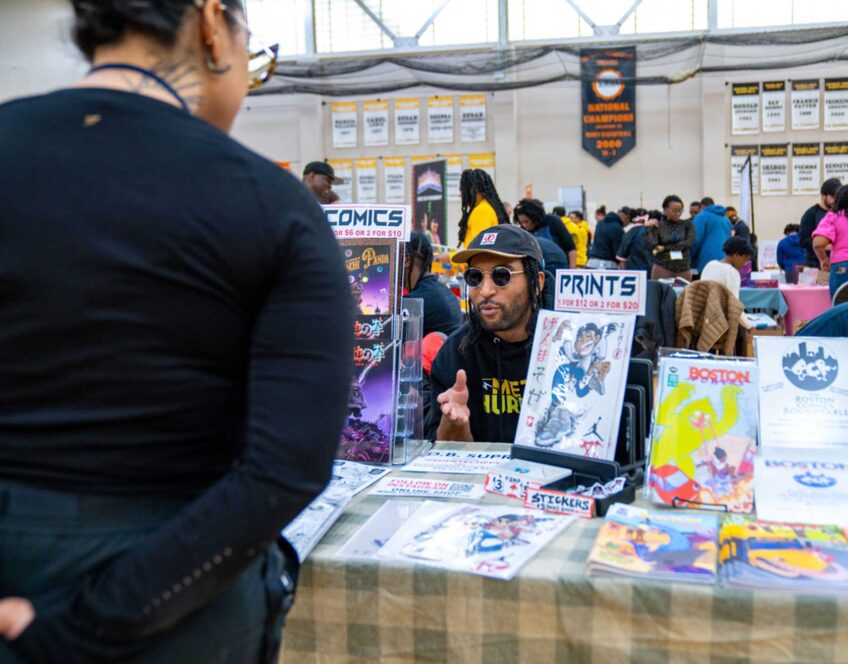In conversation with Ibram X. Kendi
Thoughts on culture, racism, and raising an antiracist baby

Dr. Ibram X. Kendi, eminent scholar and youthful intellectual, brimming with ideas and a willingness to apply academic rigor to urgent matters of community, has arrived in Boston to become the founding director of the Boston University Center for Antiracist Research. The mission of the center is “to convene researchers and practitioners from various disciplines to figure out novel and practical ways to understand, explain, and solve seemingly intractable problems of racial inequity and injustice.”
Kendi’s 2019 book, “How To Be An Antiracist,” was followed this June by a picture book, “Antiracist Baby.” The Banner spoke with Dr. Kendi in early July about racism and the arts.
In what ways is cultural racism expressed by white critics and audiences of music and the arts, in general?
Oftentimes, white critics and audiences standardize their cultures as their cultures — and judge the cultures of Black and brown as not living up to the white cultures.
How are Black musicians responding to racism in terms of creative process and public identity?
I think you have musicians and artists who more bluntly have used their art to amplify antiracist ideas and to promote racial justice, who recognize the equality of racial groups and who confront racism openly. And other artists who challenge racism by being into their own art unabashedly, and by doing so create a cultural norm.
And Black musicians create cultural narratives independent of white perceptions?
First of all, I think that in many ways music is the sounds of culture. It’s critically important for Black musicians to lean into the sounds of Black people, and not seek the culture of other groups — to reject the narrative that Black culture is any way wrong, inferior, or pathological.
In your new book, “Antiracist Baby,” families educate their children about racist messages in art.
I try in my work to emphasize what assimilationist ideas mean and how not to be a part of them. Don’t be a parent that says, “Don’t listen to Black music.” Stop conveying assimilationist ideas, that imply matters such as: “That musician sounds good because it’s similar to the music of white people.” Appreciate the diversity of sounds of what music can provide.
“Antiracist Baby” provides lessons for families to teach babies antiracism. What impact might this have when the kids walk out the door?
I think that obviously when children see racism, they’ll feel a need to respond. To speak up. To speak out. Many of their classmates, many adults, swear they’re not racist. But the racism that a child experiences affects him or her. And that person who is racist may not have been told about his or her racism, and not realize it. Take offense.
You became the director of the Boston University Center for Antiracist Research on July 1. What’s it like to start the center in a city that has a reputation and history of racism? Jokes by Michael Che and Chris Rock attest to that. What’s it like for you to come to Boston?
I think that if I’m going to try to be part of a center of antiracism research in a community that is perceived to be or is actually racist — to me, you should build a center in that type of community. Look, I’ve lived up and down the East Coast: New York City, D.C., Philadelphia. People outside of these cities may say that they are not racist. But people inside each city? They know.





![Banner [Virtual] Art Gallery](https://baystatebanner.com/wp-content/uploads/2024/04/NJ-H_1-713x848.jpg)

